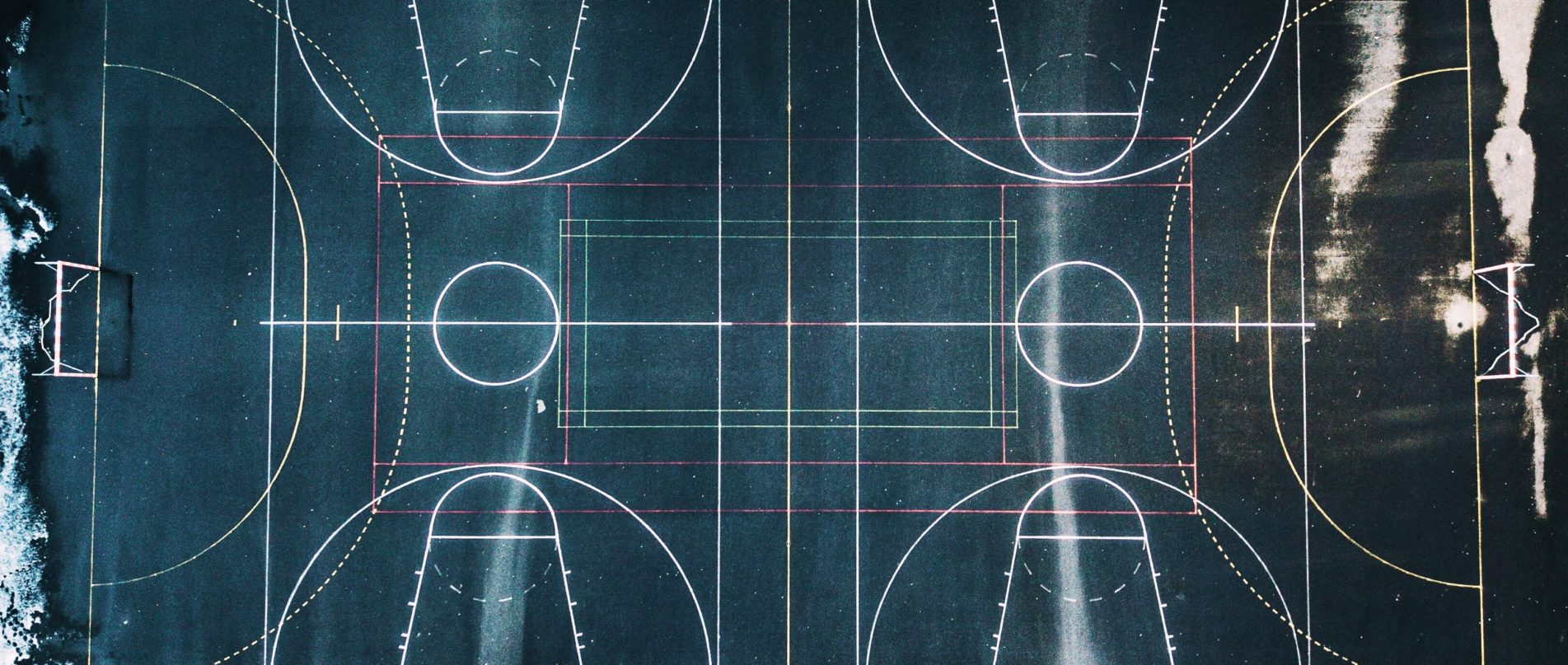
Prompt Images
If you are like me, the week leading up to the NCAA Tournament goes something like this:
- Check to see if your favorite team has made the tournament.
- Swear that this year you will actually do a little research and come up with an actual strategy for picking teams in your NCAA Tourney Bracket instead of waiting until the last possible minute.
- Wait until the last possible minute and start frantically clicking on teams in the ESPN online bracket, along the way making a single strategic decision: when to cross out Duke.
- Marvel at the ridiculous odds of being able to pick a PERFECT BRACKET.
According to sage wisdom, the odds picking a perfect bracket are, please make sure you are sitting down,
1 in 9,223,372,036,854,775,808
It’s roughly 1 in 9 quintillion. Consider that the odds of winning Powerball are about 1 in 300 million. That means the odds of picking a perfect bracket are roughly one billion times worse than picking those winning lottery numbers.
So where did this absurdly large number come from, and—more importantly—is it correct?
Basic Probability
Probability is all about counting possibilities. Flip a coin. The probability is ½ heads and ½ tails. That’s because there are two possibilities: heads and tails, and each has the same “chance” of occurring, unless the person flipping the coin is engaging in some kind of coin flipping tomfoolery. The underlying odds here reflect the fact that the physical processes involved in what happens when a coin is flipped are so complicated and dependent on so many hard to know things, that the result is essentially “random.” There’s no information you can learn ahead of said flip to improve your odds of picking the correct result.
Now if you want to figure out the odds of flipping, say, two heads in a row, you just count all the possible outcomes ahead of time: heads/heads, heads/tails, tails/heads, and tails/tails (where we are keeping track of which flip heads or tails was displayed). So out of the four possible outcomes, there is 1 outcome where heads comes up twice. So the odds are just ¼, or 25 percent.
Counting things manually works fine for things where there’s only a few possible outcomes. But what about when there are tons of possible outcomes. What are the odds of flipping 10 heads in a row? To count odds manually, we’d have to list out all possible combinations:
H, H, H, H, H, T, H, H, T, H
H, H, H, H, H, T, H, H, T, T
H, T, H, H, H, T, H, H, T, T
And so on. But there’s a shortcut. It turns out there are 2^10 possible combinations of heads and tails among 10 flips. I won’t get into the math here, but it’s a basic property of the “math of counting things” (technically called combinatorics).
So the odds of all heads, which is just one of all those possible outcomes, is 1 in 1/(2^10) = 1/1024, or 0.0009765625 (i.e., 0.098 percent).
Bracket Math
Now to arrive at that insane number for the odds of picking a perfect bracket, people go through the same sort of process. The idea is to count all the possible ways that the tournament could go. So in one bracket, the higher seed would win in every single game. In another bracket, the lower seed would win in every single game. In another bracket, every single higher seed, except Duke, would win every single game.
The problem, on the face of it, is very similar to counting possible coin flips. Or at least, that’s what the folks who throw around that gigantic number above would have you believe. According to these folks, you just take each game, realize there’s two possible outcomes (one team wins or the other team wins) and then you multiply all those possible outcomes together to get your final, gigantic number of possible brackets. Then the odds of picking a perfect bracket are just 1 in that gigantic number.
But there’s a problem with this reasoning.
College basketball games aren’t coin flips. The odds of a team winning a particular game are NOT 50/50. If you flip a coin 1 million times, you should arrive at something close to 50/50 in the number of times heads comes up vs. tails. But if you let Duke play Wofford 1 million times, there’s just no chance that the number of times Duke wins is close to 50 percent. I imagine it would be something closer to 99 percent.
This means that bracket math is more complicated than counting coin flips. You have to assign a unique probability to each game based on information about the teams. The bad news is, the math gets a lot more complicated. Thankfully, someone else has already done the math for you (and me).
According to FiveThirtyEight, the odds vary between 1 and 2 billion, if you use a relatively intelligent technique for picking your bracket.
The good news:
Those are much, much, much, much better odds than 1 in 9 quintillion.
The bad news:
You are still more likely to pick a winning Powerball ticket. Which is bad because, you are never going to pick the winning Powerball ticket, you idiot.
Of course, what this really means is that traditional bracket picking tournaments are for suckers. Instead, do as Josh Bard has suggested, and find another fun way to gamble on amateur college kids during March Madness. Maybe one where the odds are slightly more in your favor.



